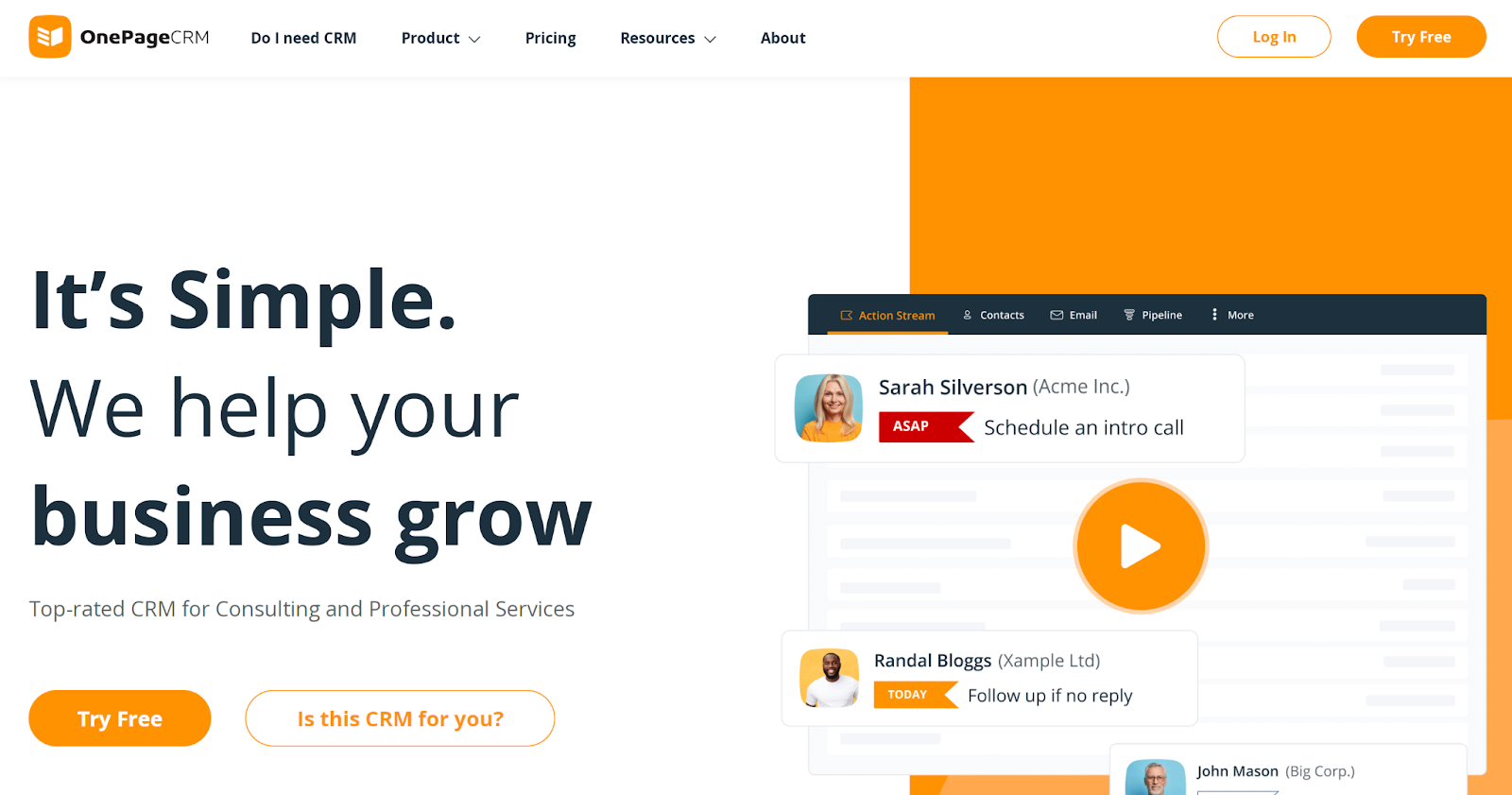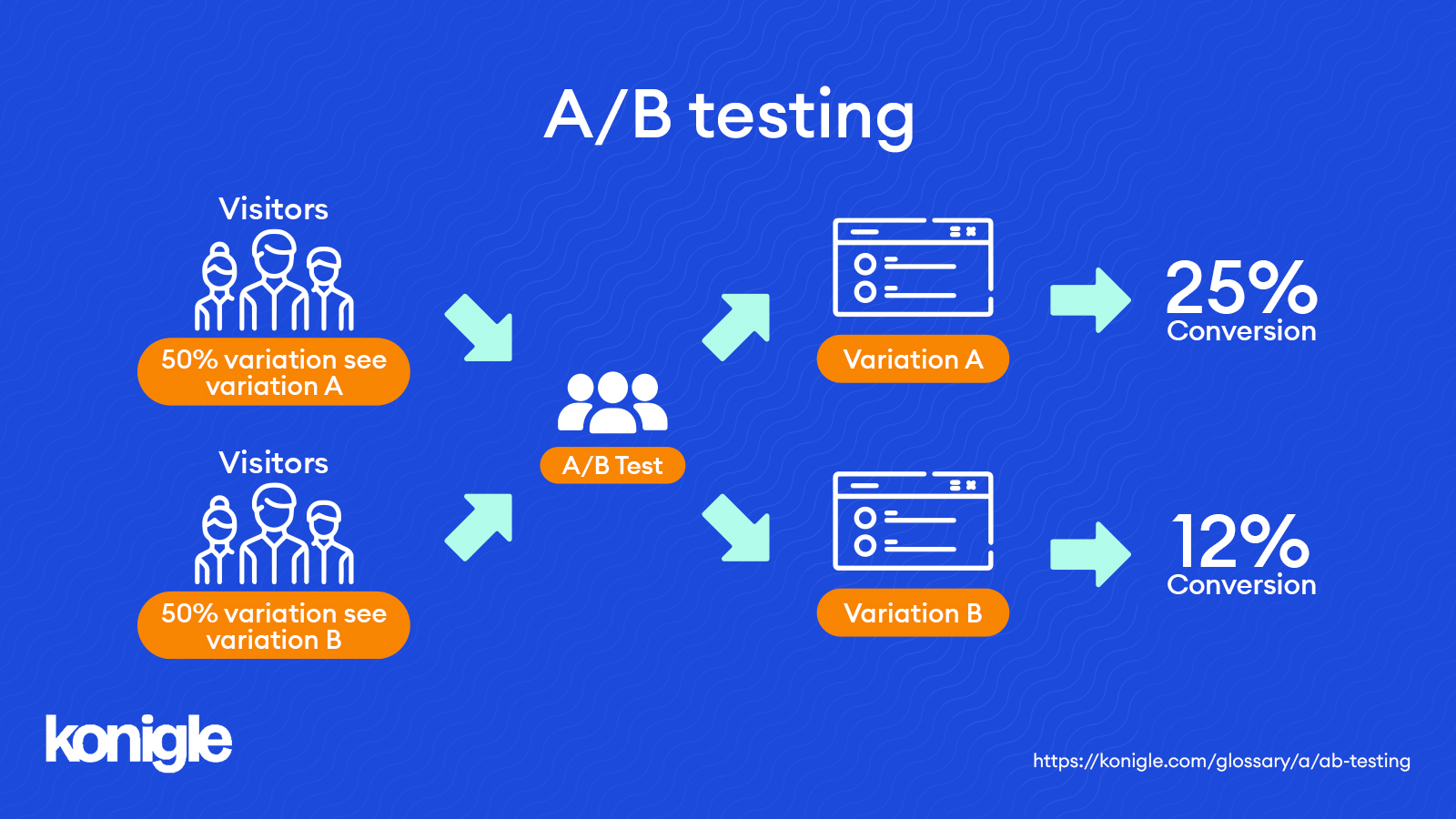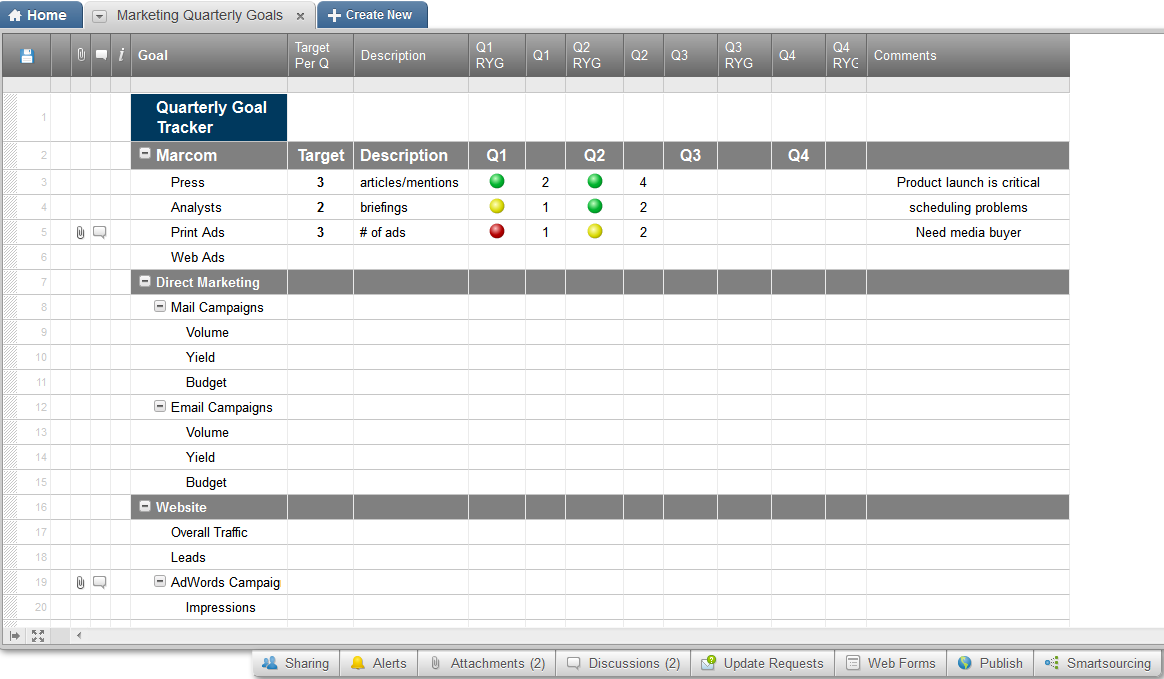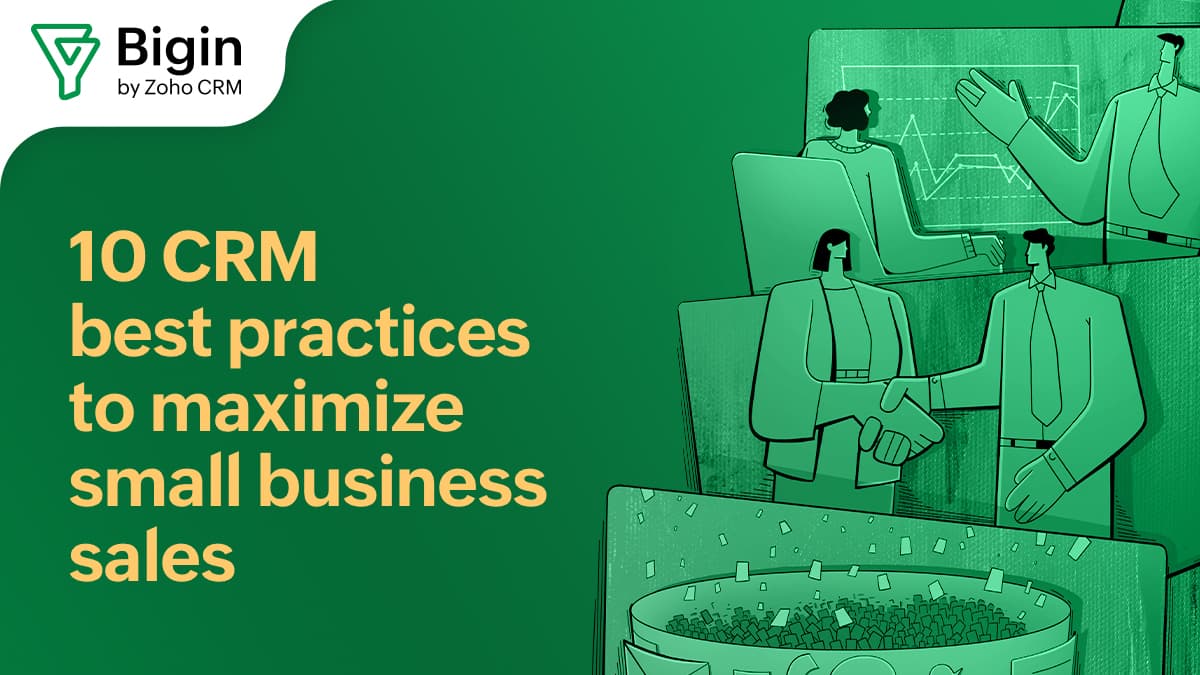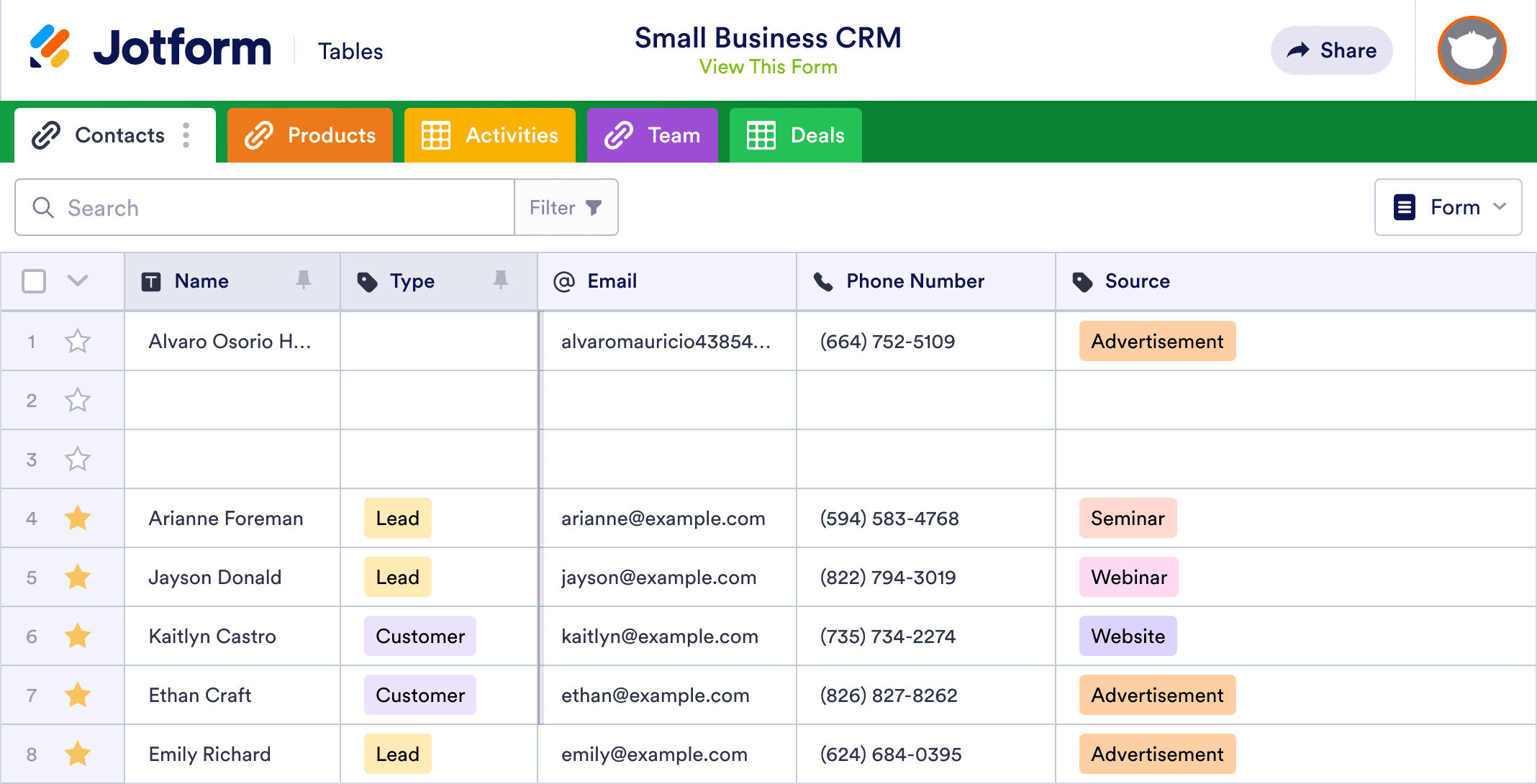CRM Marketing & Content Marketing: The Ultimate Guide to Driving Growth
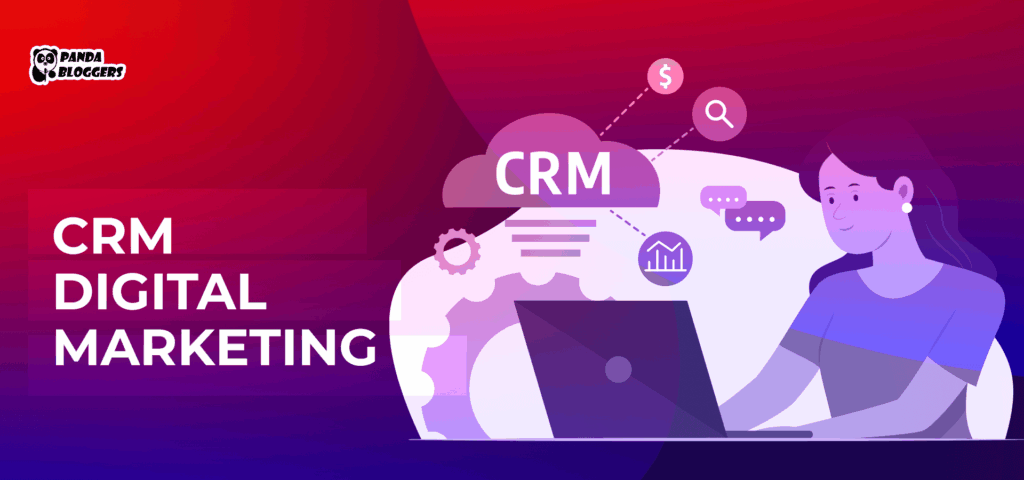
CRM Marketing & Content Marketing: A Powerful Partnership for Business Growth
In today’s competitive landscape, businesses are constantly seeking innovative strategies to attract, engage, and retain customers. Two powerful approaches that consistently deliver results are CRM (Customer Relationship Management) marketing and content marketing. While often treated as separate entities, the true potential for growth is unleashed when these two strategies are combined. This comprehensive guide delves into the intricacies of CRM marketing and content marketing, exploring their individual strengths, the synergistic benefits of their integration, and practical steps for implementation. Get ready to revolutionize your marketing efforts and achieve sustainable business growth!
Understanding CRM Marketing
At its core, CRM marketing is about building and nurturing relationships with your customers. It’s a strategic approach that focuses on understanding customer needs, preferences, and behaviors to deliver personalized experiences that drive loyalty and advocacy. Think of it as the art and science of knowing your customer better than they know themselves, and using that knowledge to create meaningful interactions.
Key Components of CRM Marketing
- Customer Data Collection & Management: This involves gathering and organizing customer data from various sources, including website interactions, social media, purchase history, and customer service interactions. A robust CRM system acts as the central repository for all this information.
- Segmentation: Dividing your customer base into distinct groups based on shared characteristics (demographics, behavior, needs). This allows for targeted marketing campaigns that resonate with specific segments.
- Personalization: Delivering customized content, offers, and experiences based on individual customer preferences and behaviors. This creates a sense of value and makes customers feel understood.
- Automation: Streamlining marketing processes, such as email campaigns, lead nurturing, and customer service interactions, to improve efficiency and free up time for strategic initiatives.
- Analytics & Reporting: Tracking key performance indicators (KPIs) to measure the effectiveness of CRM marketing efforts and identify areas for improvement. This data-driven approach allows for continuous optimization.
Benefits of CRM Marketing
- Increased Customer Loyalty: Personalized experiences and proactive communication foster stronger relationships, leading to higher customer retention rates.
- Improved Customer Satisfaction: By understanding customer needs and preferences, businesses can deliver better products, services, and support, resulting in higher satisfaction levels.
- Enhanced Sales Performance: Targeted marketing campaigns and lead nurturing efforts can significantly boost sales conversion rates.
- Reduced Marketing Costs: By focusing on the most promising leads and customers, CRM marketing can optimize marketing spend and reduce wasted efforts.
- Better Decision-Making: Data-driven insights provide a clearer understanding of customer behavior, enabling informed decision-making across all aspects of the business.
Demystifying Content Marketing
Content marketing is a strategic marketing approach focused on creating and distributing valuable, relevant, and consistent content to attract and retain a clearly defined audience — and, ultimately, to drive profitable customer action. It’s less about directly selling products or services and more about building trust, establishing authority, and providing value to your target audience. Think of it as providing helpful information that addresses your audience’s needs and pain points, positioning your business as a trusted resource.
Key Pillars of Content Marketing
- Content Strategy: Defining your target audience, content goals, content types, and distribution channels. A well-defined strategy is the foundation for successful content marketing.
- Content Creation: Producing high-quality content in various formats, such as blog posts, articles, videos, infographics, ebooks, and social media updates.
- Content Distribution: Promoting your content through various channels, including your website, social media, email marketing, and paid advertising.
- Content Promotion: Actively sharing your content, engaging with your audience, and building relationships with influencers to increase reach and engagement.
- Content Measurement: Tracking key metrics, such as website traffic, engagement, leads generated, and conversions, to assess the performance of your content marketing efforts and make data-driven adjustments.
Advantages of Content Marketing
- Increased Brand Awareness: High-quality content helps build brand visibility and reach a wider audience.
- Improved Website Traffic: Engaging content attracts visitors to your website and keeps them coming back for more.
- Lead Generation: Content marketing can effectively generate leads by offering valuable resources in exchange for contact information.
- Enhanced SEO Performance: Creating valuable content and optimizing it for search engines can improve your website’s rankings and drive organic traffic.
- Cost-Effective Marketing: Content marketing can be a highly cost-effective way to reach your target audience and generate leads compared to traditional advertising methods.
The Powerful Synergy: CRM Marketing and Content Marketing Together
While CRM marketing and content marketing are powerful on their own, their true potential is unlocked when they work in harmony. Integrating these two strategies allows businesses to create a seamless and personalized customer journey that drives engagement, loyalty, and ultimately, revenue. Imagine the possibilities when you combine the data-driven insights of CRM with the engaging power of content.
How CRM Enhances Content Marketing
- Targeted Content Creation: CRM data provides valuable insights into customer preferences, needs, and behaviors. This information can be used to create highly targeted content that resonates with specific segments of your audience.
- Personalized Content Delivery: CRM systems can be used to personalize the delivery of content based on individual customer profiles. This could involve sending targeted email newsletters, recommending relevant blog posts, or displaying personalized website content.
- Improved Lead Nurturing: CRM platforms can be used to automate lead nurturing campaigns, delivering relevant content at each stage of the buyer’s journey.
- Enhanced Content Performance Measurement: CRM data can be used to track the performance of your content marketing efforts, allowing you to identify which content is most effective at driving conversions and revenue.
- Data-Driven Content Optimization: By analyzing CRM data, businesses can gain insights into which content topics, formats, and channels are most effective at engaging their target audience. This data-driven approach enables continuous content optimization.
How Content Marketing Elevates CRM Marketing
- Attracting New Leads: High-quality content can attract new leads to your CRM system by providing valuable information and resources that address their needs and pain points.
- Nurturing Leads Through the Sales Funnel: Content marketing can be used to nurture leads through the sales funnel by providing relevant information and building trust.
- Improving Customer Engagement: Engaging content can keep customers informed and engaged with your brand, fostering stronger relationships and increasing loyalty.
- Driving Customer Advocacy: By providing valuable content and creating positive customer experiences, content marketing can encourage customers to become brand advocates and recommend your business to others.
- Enhancing Brand Reputation: Content marketing helps establish your business as a thought leader in your industry, enhancing your brand reputation and building trust with your target audience.
Implementing the Integrated Strategy: A Step-by-Step Guide
Successfully integrating CRM marketing and content marketing requires a strategic approach and careful execution. Here’s a step-by-step guide to help you get started:
1. Define Your Goals and Objectives
Before you dive in, clearly define your goals and objectives. What do you hope to achieve by integrating CRM and content marketing? Are you looking to increase leads, improve customer retention, boost sales, or enhance brand awareness? Having clear goals will guide your strategy and help you measure your success.
2. Analyze Your Customer Data
Take a deep dive into your existing customer data. What information do you have? What are the key segments in your customer base? What are their needs, preferences, and behaviors? This analysis will inform your content strategy and help you create targeted campaigns.
3. Develop a Content Strategy
Based on your customer data and goals, develop a content strategy that aligns with your CRM initiatives. Identify the topics, formats, and channels that will resonate with your target audience. Consider creating a content calendar to plan and schedule your content creation and distribution.
4. Choose the Right CRM and Content Marketing Tools
Select the CRM and content marketing tools that best meet your needs. Consider factors such as features, integrations, ease of use, and cost. Many CRM platforms offer built-in content marketing features, and there are also numerous content marketing tools available that integrate seamlessly with CRM systems.
5. Integrate Your Systems
Connect your CRM and content marketing tools. This may involve integrating your CRM system with your website, email marketing platform, and social media channels. This integration will enable you to share data between the two systems and automate your marketing processes.
6. Segment Your Audience
Use your CRM data to segment your audience into distinct groups. This will allow you to create targeted content and personalized experiences that resonate with each segment. Consider segmenting based on demographics, behaviors, purchase history, and interests.
7. Create Targeted Content
Develop content that addresses the specific needs and interests of each customer segment. This could involve creating blog posts, articles, videos, infographics, or other types of content. Ensure that your content is valuable, relevant, and engaging.
8. Personalize Your Content Delivery
Use your CRM system to personalize the delivery of your content. This could involve sending targeted email newsletters, recommending relevant blog posts on your website, or displaying personalized website content based on customer preferences and behaviors.
9. Automate Your Marketing Processes
Use automation to streamline your marketing processes. This could involve automating email campaigns, lead nurturing sequences, and social media updates. Automation can save you time and improve efficiency.
10. Measure and Analyze Your Results
Track key metrics, such as website traffic, engagement, leads generated, and conversions, to assess the performance of your integrated marketing efforts. Use this data to identify what’s working and what’s not, and make data-driven adjustments to your strategy.
Content Marketing Ideas for CRM Integration
To make the most of the CRM-content marketing synergy, here are some content marketing ideas that can be directly integrated with your CRM data and strategies:
1. Personalized Email Newsletters
Segment your email list based on CRM data and send personalized newsletters that address the specific needs and interests of each segment. Include content that is relevant to their past purchases, browsing history, or expressed interests. For example, if a customer recently purchased a camera, send them a newsletter with tips on photography or reviews of camera accessories.
2. Targeted Blog Posts
Use CRM data to identify the common pain points, questions, and challenges faced by your customer segments. Create blog posts that address these issues and provide valuable solutions. Promote these blog posts to the relevant segments through email, social media, and personalized website content. For instance, if you know a segment is struggling with project management, write a blog post about the best project management tools.
3. Interactive Quizzes and Assessments
Develop interactive quizzes and assessments that help customers understand their needs and preferences. Use the results of these quizzes to segment your audience and deliver personalized content and recommendations. For example, a financial services company could offer a quiz to help customers determine their investment risk tolerance.
4. Webinar Invitations
Host webinars on topics that are relevant to your customer segments. Use CRM data to identify the segments that are most likely to be interested in each webinar and send targeted invitations. You can also personalize the webinar content based on the audience’s interests and past interactions with your brand.
5. Case Studies and Customer Success Stories
Showcase the success of your customers through case studies and customer success stories. Use CRM data to identify customers who have achieved positive results using your products or services and create case studies that highlight their experiences. This content can be used to build trust and credibility with potential customers.
6. Personalized Product Recommendations
Use CRM data to recommend products or services that are relevant to each customer’s past purchases, browsing history, or expressed interests. Display these recommendations on your website, in email campaigns, and on social media. For example, an e-commerce store could recommend related products based on a customer’s previous purchases.
7. Exclusive Content for VIP Customers
Reward your most loyal customers with exclusive content, such as early access to new products, special discounts, or behind-the-scenes content. Use CRM data to identify your VIP customers and deliver this content to them through email, social media, or a dedicated customer portal.
8. Content-Driven Lead Nurturing Campaigns
Develop lead nurturing campaigns that deliver relevant content to leads at each stage of the buyer’s journey. Use CRM data to track leads’ interactions with your content and tailor your messaging accordingly. For example, if a lead downloads an ebook about your product, follow up with a series of emails that provide more information about your product and its benefits.
Challenges and How to Overcome Them
While the benefits of integrating CRM marketing and content marketing are significant, there are also some challenges that businesses may face. Here’s how to overcome them:
1. Data Silos
Challenge: Data silos occur when customer data is stored in separate systems and is not easily accessible or shared. This can make it difficult to create a unified view of the customer and personalize marketing efforts.
Solution: Integrate your CRM system with your content marketing tools and other data sources. This will allow you to centralize your customer data and create a single source of truth. Consider using a data management platform (DMP) to consolidate and manage your data.
2. Lack of Integration
Challenge: The CRM system and content marketing platforms may not be properly integrated, leading to a disconnect between the two strategies.
Solution: Choose CRM and content marketing tools that integrate seamlessly. Ensure that data can be easily shared between the two systems and that you can automate your marketing processes. Regularly review and optimize your integrations to ensure they are working effectively.
3. Limited Resources
Challenge: Implementing an integrated CRM and content marketing strategy can require significant resources, including time, budget, and personnel.
Solution: Start small and focus on the most important aspects of your strategy. Prioritize the integration of your CRM and content marketing tools and start with a few key campaigns. As you see results, you can gradually expand your efforts. Consider outsourcing some tasks to marketing professionals if needed.
4. Lack of Expertise
Challenge: Successfully integrating CRM marketing and content marketing requires expertise in both areas. You may need to train your marketing team or hire new personnel with the necessary skills.
Solution: Invest in training for your marketing team. Provide them with the skills and knowledge they need to effectively use your CRM and content marketing tools. Consider hiring a consultant or agency to help you develop and implement your strategy. Stay updated on the latest trends and best practices in CRM and content marketing.
5. Measuring ROI
Challenge: It can be challenging to accurately measure the ROI of your integrated marketing efforts. It’s important to track the right metrics and attribute results to your specific campaigns.
Solution: Define clear KPIs and track them regularly. Use your CRM system to track leads, conversions, and revenue generated from your content marketing efforts. Use attribution modeling to understand which touchpoints are most effective at driving conversions. Continuously analyze your data and make adjustments to your strategy to improve your ROI.
The Future of CRM and Content Marketing
The convergence of CRM marketing and content marketing is not just a trend; it’s the future of marketing. As technology continues to evolve, businesses will need to embrace these integrated strategies to stay ahead of the competition. Here’s what the future holds:
1. Artificial Intelligence (AI) and Machine Learning (ML)
AI and ML will play an increasingly important role in CRM and content marketing. AI-powered CRM systems can analyze vast amounts of data to identify customer patterns and predict future behaviors. This information can be used to create even more personalized content and automate marketing processes. ML algorithms can be used to optimize content performance and personalize content recommendations.
2. Hyper-Personalization
Businesses will move beyond basic personalization to hyper-personalization. This means tailoring content and experiences to each individual customer based on their specific needs, preferences, and behaviors. This will require a deeper understanding of customer data and the ability to deliver content in real-time.
3. Voice Search Optimization
With the rise of voice search, businesses will need to optimize their content for voice queries. This means creating content that is conversational, concise, and easy to understand. CRM data can be used to personalize voice search results and provide customers with relevant information.
4. Video Marketing Dominance
Video marketing will continue to grow in popularity. Businesses will need to create engaging video content that resonates with their target audience. CRM data can be used to personalize video content and target specific customer segments with relevant videos.
5. Data Privacy and Security
Data privacy and security will become even more important in the future. Businesses will need to be transparent about how they collect and use customer data and comply with all relevant regulations. Building customer trust will be essential for long-term success.
Conclusion: Embrace the Power of Integration
CRM marketing and content marketing are two powerful strategies that can transform your business. By integrating these two approaches, you can create a seamless customer journey that drives engagement, loyalty, and revenue. Start by defining your goals, analyzing your customer data, and developing a content strategy that aligns with your CRM initiatives. Choose the right tools, integrate your systems, and measure your results. Embrace the future of marketing and unlock the full potential of your business!

